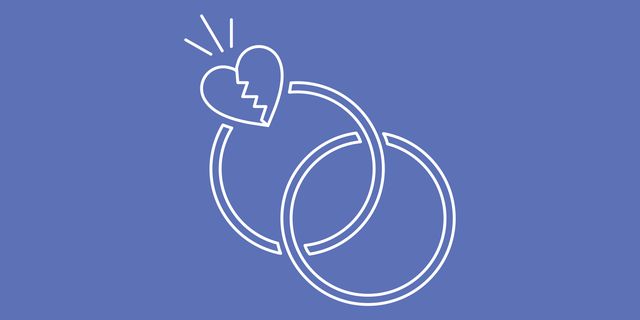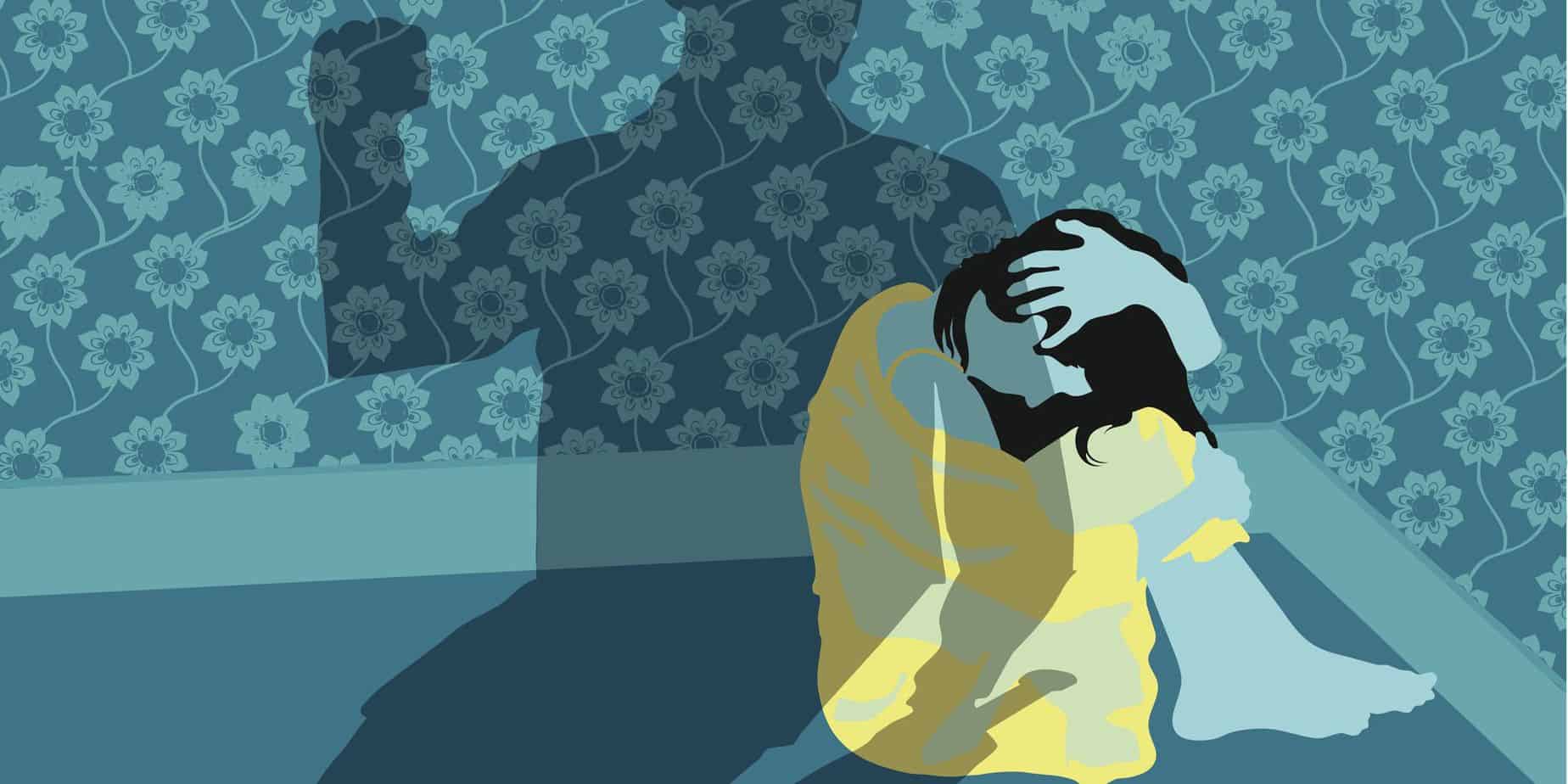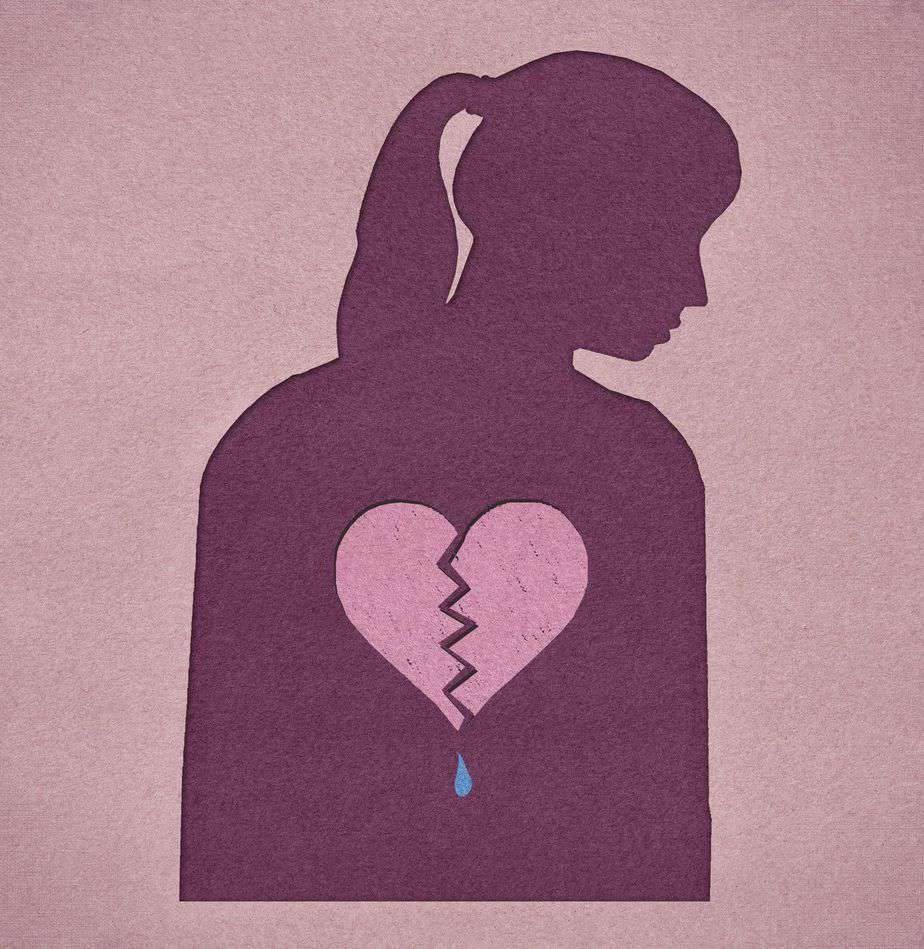In 2016, the number of people estimated to be suffering from mental health issues like depression and anxiety amounted to roughly 1.1 billion. Since then, numbers have likely continued to rise. Moreover, studies have also shown women especially on average are a) more likely to suffer from mental health issues, and b) less likely to talk about them. The taboo in Pakistan surrounding depression and anxiety disorders only serve to aggravate the individuals suffering even more. For the women who cannot seek out full time therapy, we’ve enlisted the help of a trained therapist. You sent us in your questions – here are the answers!

“After a long relationship of 6 to 7 years, I got married to the man I loved after passing so many hurdles from both sides of our families. Now it’s been 1.5 years of our marriage and I have a son. My husband is mentally and sometimes physically, abusive. He doesn’t respect me and my opinions, humiliates me in front of his family, uses abusive words, manipulates things to make me embarrassed, and puts me and my family down in every way. Sometimes the words he uses are unbearable for me. His remarks make me feel ugly and miserable; I’ve even considered hurting myself. I don’t have anyone to talk to about this. I have talked to my husband about his behaviour with me lots of times, but he never changes. I can’t tell my parents either – my mother is not supportive at all in this matter and she already told me that it was your choice to marry this man so you have to deal with it yourself. Sometimes I think of divorcing him, but it is the most complicated thing in our society and I can’t be apart from my son. I don’t know if I have explained this enough to make you understand it, but please, please offer me some advice.”

Shahrukh’s Response:
Dear Anon,
I can’t even imagine the position that you’re in right now, it must be so incredibly difficult and painful for you. From what it sounds like, it’s really not an easy decision to make – whether it’s choosing to stay or leave, there seem to be obstacles from all sides. In situations such as the one you’re in, a lot of things might seem like they are beyond your control, and I would invite you to look at the things that you can control at this time. Let’s explore this a little more.
Marriage And Abuse: Where Is The Exit?
When it comes to abusive marriages, culturally, there are so many obstacles that are created that make it seem like there is no other option but to stay and just deal with whatever is happening. Starting from “log kya kehen gay” to family drama and everything in between. That doesn’t sound fair, does it? It’s not. That all being said, just because there are certain obstacles, it doesn’t mean that there is no way out, and that you need to stay in this situation forever. Remember, there are things that are within your control, and I would encourage you, Anon, to remind yourself of that, especially when things feel like they’re not.
What Can Be Done In The Here And Now?
When we talk about living in a situation where there is no immediate exit, one thing to focus on is your own sense of well-being and survival. One thing to remember is that any individual has a very limited capacity or ability to change another’s behaviour, it’s a difficult reality but true nonetheless. If your husband is not willing to change, bring the focus back to yourself and what you can change in this moment. Ask yourself: what do I need to do to keep myself safe right now? What can I do to take care of my needs right now? What will help me feel more grounded? Are there any spaces where I can feel safe (in the house and/or outside)? It might also help to identify triggers for the abuse, and perhaps find ways to distance yourself in those moments.

Gentle Reminder: It’s Not Your Fault
Abusive partners can sometimes make you feel like it is your fault, that somehow, you’re the one responsible for what’s happening. That’s not the case. Abusers are abusers, and their actions are not a reflection of you as a person. It is essential to remind yourself that what is happening to you is awful, and that you deserve more than this.
Finding Support
First thing’s first, Anon, some battles are tough and you don’t have to go through it alone.
Family/Friends: you mentioned before that there isn’t anyone you can speak to about this. Perhaps there might be someone outside the family? A close friend, perhaps? Sometimes we feel like these situations are not to be spoken of outside the family, but it does help to have someone on the outside.
Therapist: you can get in touch with a therapist, who will be able to hold space for you and help you find ways to cope with your current circumstances. You can refer to our previous article on finding a therapist in our archives.
Organisations/Shelters: there are several shelters that help women work through issues related to abuse, and are even able to provide shelter, if needed. You can refer to Mashion’s article “Women Shelters Across Pakistan And What You Can Do To Help Them.”
Support Group: sometimes finding a group of people who are also struggling with their own circumstances might be helpful in terms of knowing that you’re not alone. The Trauma Release and Wellness Centre has weekly support group meetings. To register, you can go to their Instagram page and get in touch with them for more details.
Anon, I know that this is a difficult situation, and from your message, there’s no easy solution. Whatever happens, try to do whatever you can that works best for you and where you are as safe as you can possibly be. I hope that you were able to find the answers you were looking for in this article. Best of luck and remember, you have more power than you know. Take care!

The above article is written by Shahrukh Shahbaz Malik who is trained in humanistic integrative counselling at CPDD in the UK and currently has her own private practice in Karachi. The views expressed in this article are those of one expert. They do not necessarily represent the views of Mashion, nor do they represent the complete picture of the topic at hand. This article is for informational purposes only and is not a substitute for medical diagnosis or treatment.









What do you think?
You must be logged in to post a comment.